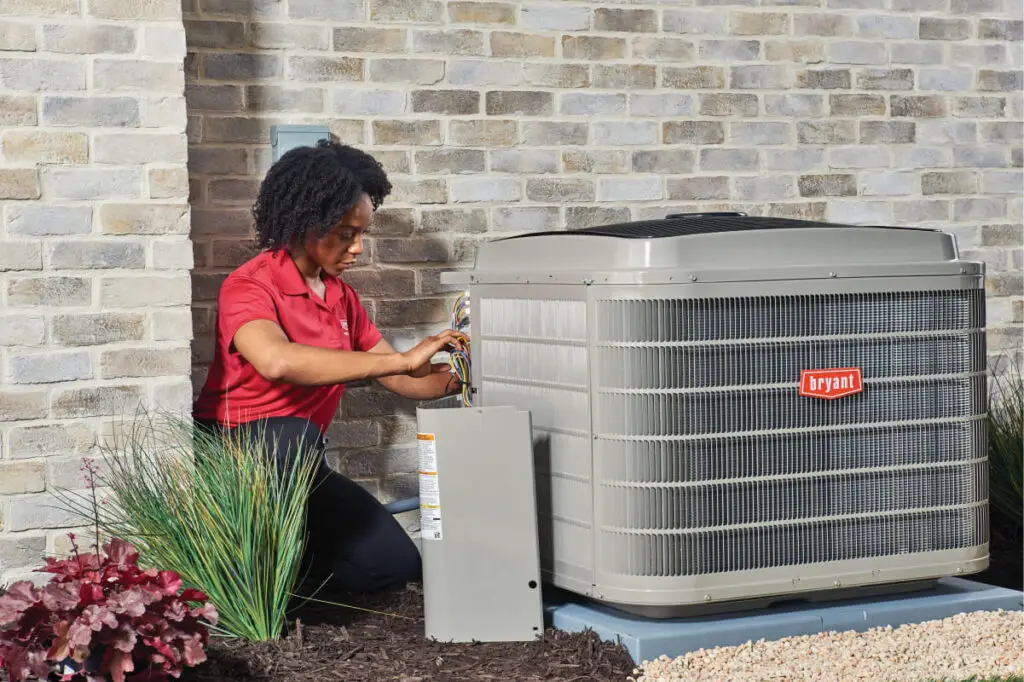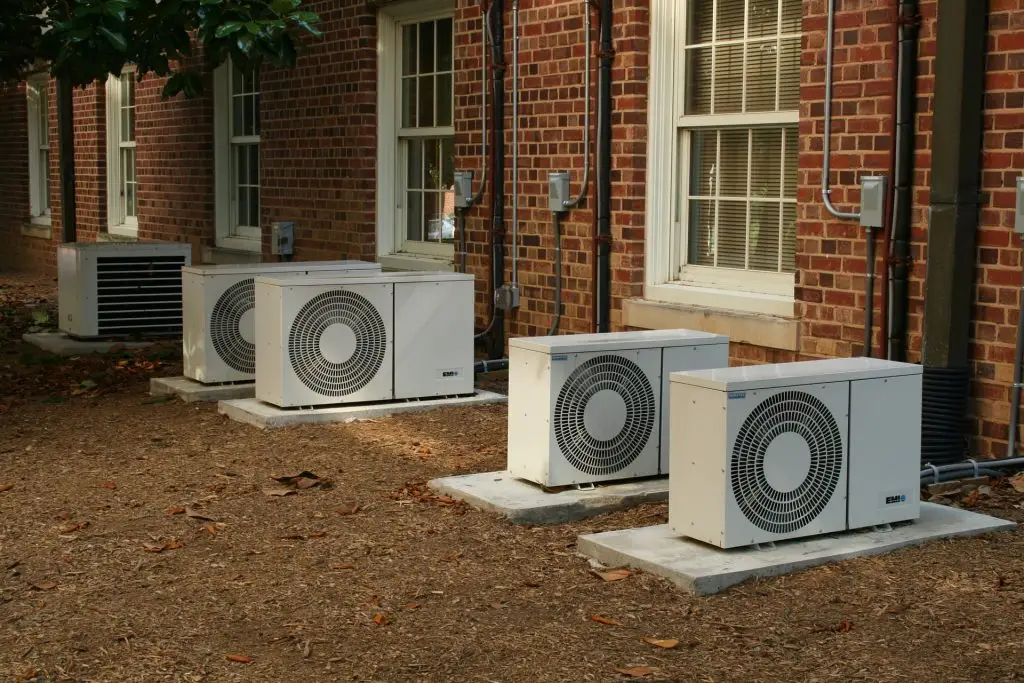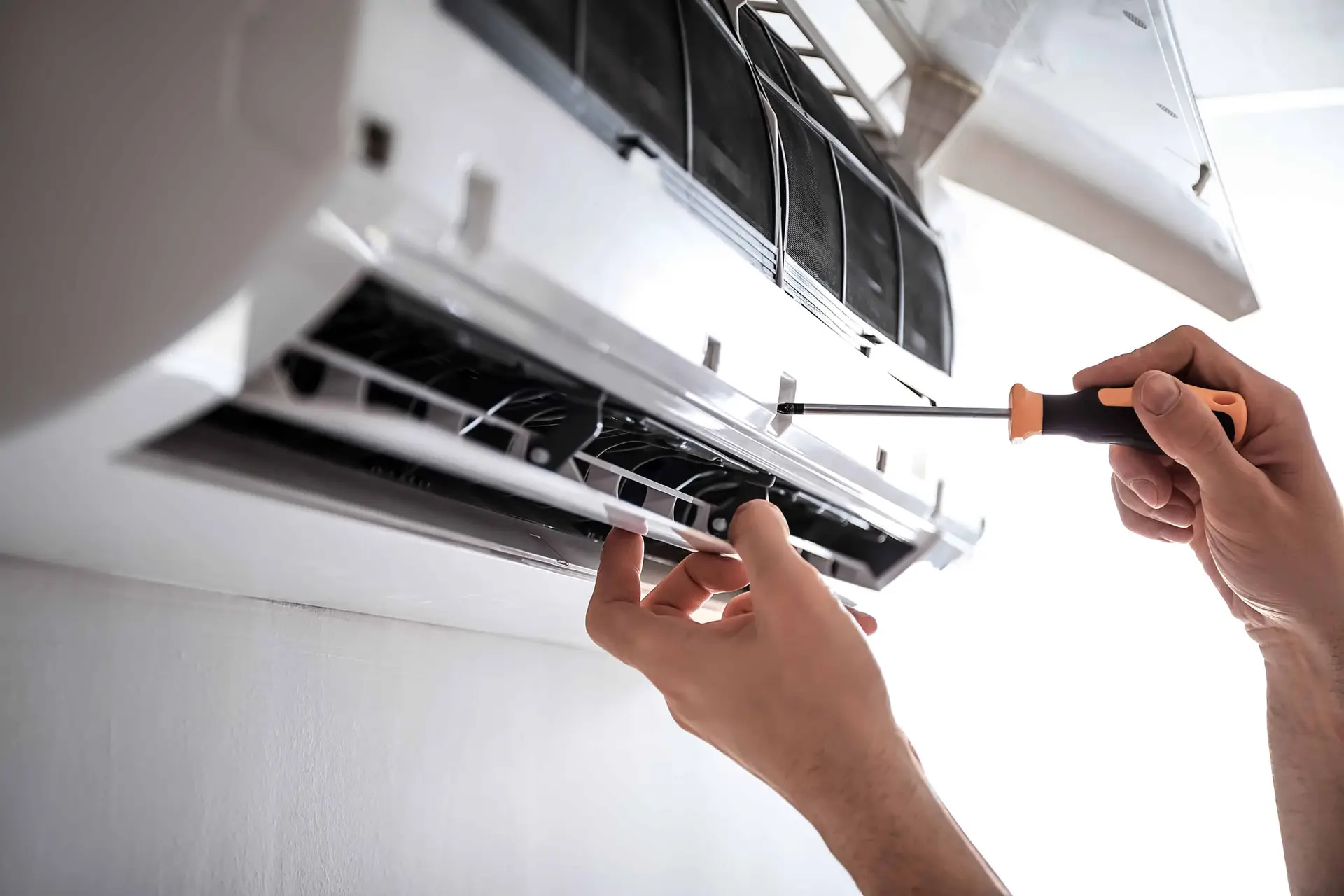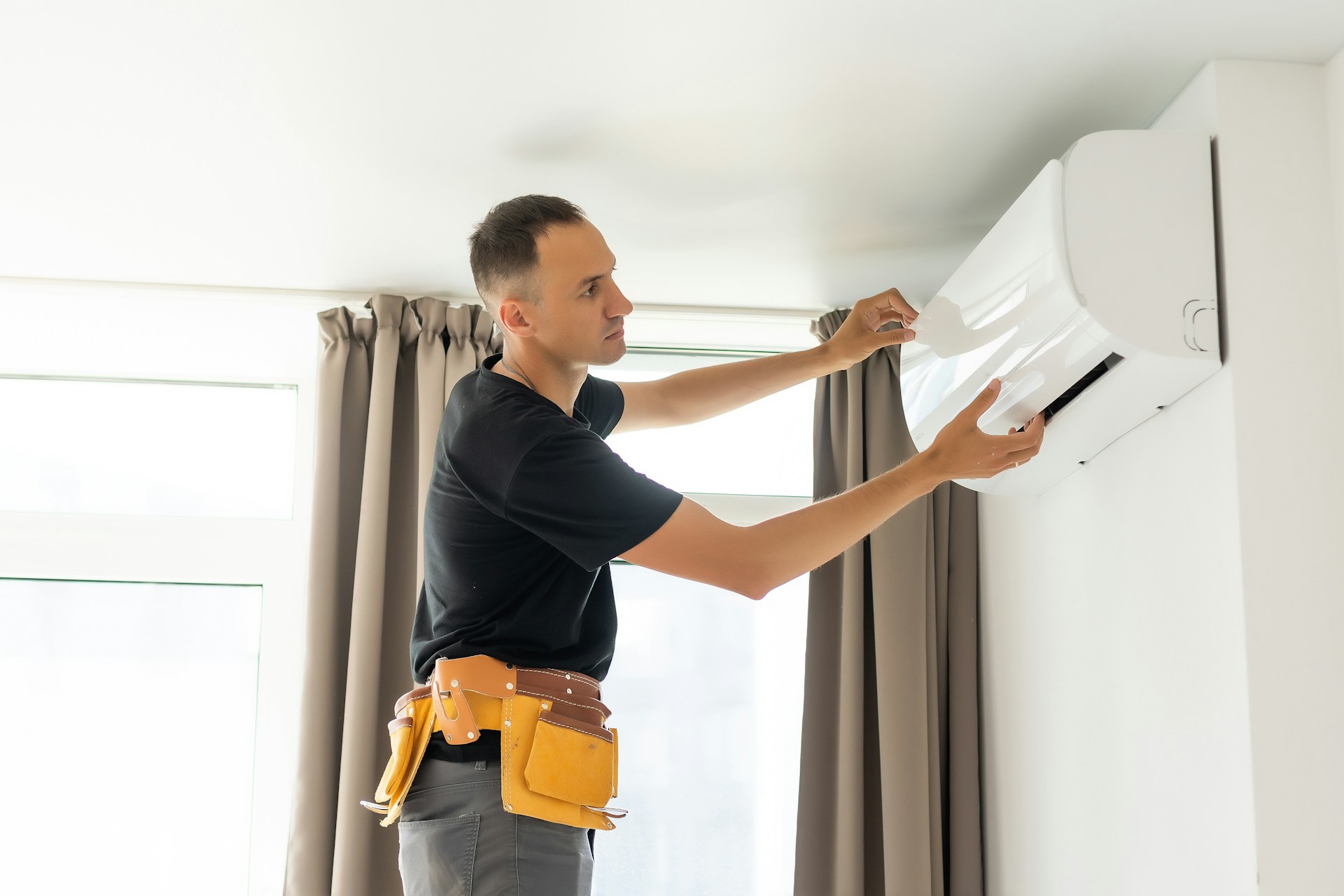Yearly air conditioning unit maintenance is an essential step to ensure your AC operates efficiently, reliably, and safely. Beyond providing comfort during scorching summers, proper maintenance extends the lifespan of your AC system, lowers energy costs, and reduces the likelihood of unexpected breakdowns. But is yearly AC maintenance worth it? Let’s explore the key aspects, benefits, and costs associated with maintaining your air conditioning system.

What Is Included in Yearly AC Maintenance?
Yearly AC maintenance involves a comprehensive inspection and servicing of your air conditioning system. Here’s a breakdown of what’s typically included:
1. Inspection and Diagnostics
A technician will examine the system for signs of wear, damage, or inefficiency, checking components such as the compressor, refrigerant levels, and electrical connections.
2. Cleaning Essential Components
- Filters: Dirty filters are cleaned or replaced to maintain airflow and efficiency.
- Coils: Evaporator and condenser coils are cleaned to prevent buildup that hinders performance.
- Blower Components: Adjustments ensure proper airflow and quiet operation.
3. System Optimization
- Tightening electrical connections
- Lubricating moving parts
- Calibrating the thermostat for accurate temperature control
- Inspecting and unclogging condensate drains to prevent moisture issues
4. Performance Testing
The system is tested to ensure it runs smoothly and cools efficiently.
By performing these tasks, annual maintenance helps avoid costly breakdowns and ensures your home remains comfortable year-round.
How Often Should You Have Your AC Serviced?
Experts recommend servicing your AC unit at least once a year, preferably in spring, before the cooling season begins. This proactive approach ensures that your system is ready to handle the summer heat without hiccups.
AC Yearly Maintenance Cost
The cost of yearly AC maintenance varies depending on the provider and the complexity of the service. Our maintenance plan costs $169 per year per unit. This plan includes:
- Two maintenance visits
- A free service visit for emergency repairs
- 15% off any repairs
- 10% off new equipment installations
- Priority service
During each visit, we can also offer tune-ups or add-ons, such as a humidifier, UV air cleaner, or drain alert.
For homes with multiple units, we offer discounted pricing. If your home has 2–3 or more systems, we’ll provide the best price for a maintenance plan.
If you prefer not to sign up for a plan, we also offer single-visit maintenance appointments. Additionally, take advantage of our early bird offers, which include a 10% discount on maintenance.
While the upfront cost may seem like an expense, the long-term savings from lower energy bills and fewer repairs make air conditioning maintenance a worthwhile investment.
Is Yearly AC Maintenance Worth It?
Absolutely. Regular maintenance offers a range of benefits, including:
1. Energy Efficiency
A clean and well-tuned AC unit uses less energy, reducing your utility bills. Maintenance tasks like replacing filters and cleaning coils can improve efficiency by up to 15%.
2. Extended Lifespan
Regular upkeep can add years to the life of your system, delaying costly replacements.
3. Avoiding Costly Repairs
You avoid expensive emergency repairs or system failures during peak usage by addressing minor issues early.
4. Improved Air Quality
Cleaning filters and components reduces dust, allergens, and pollutants, contributing to a healthier indoor environment.
5. Peace of Mind
Knowing your system is in top shape reduces the stress of potential malfunctions.
Long-Term Savings: The Cost-Benefit Ratio
While AC yearly maintenance cost might feel like an added expense, the benefits far outweigh the costs:
- Reduced Energy Bills: Improved efficiency saves money monthly.
- Lower Repair Costs: Preventative care avoids costly breakdowns.
- Delayed Replacement: Extending the lifespan of your unit saves thousands in premature replacement costs.
According to the U.S. Department of Energy, maintaining your AC can reduce energy consumption by up to 15%, offsetting maintenance costs over time.
Recognizing When to Service Your Air Conditioning Unit
If you notice any of these signs, it’s time to service your air conditioning unit:
- Warm air blowing from vents
- Unusual noises such as grinding or rattling
- Higher-than-usual energy bills
- Frequent system cycling or uneven cooling
- Leaks or excessive moisture around the unit
Addressing these issues promptly can prevent further damage and keep your home comfortable.
Balancing DIY Maintenance and Professional Servicing
While some tasks, such as replacing filters and clearing debris, can be handled by homeowners, professional yearly AC maintenance ensures a thorough inspection and tune-up. Certified technicians bring expertise to identify potential problems early and optimize system performance.
Final Verdict: Is Yearly AC Maintenance Worth It?
Investing in yearly AC maintenance is a smart choice for any homeowner. It ensures your system runs efficiently, lasts longer, and minimizes the risk of unexpected repairs. While DIY efforts can help with minor upkeep, professional servicing remains crucial for comprehensive care.By prioritizing regular maintenance, you’ll enjoy the benefits of a comfortable, energy-efficient home while avoiding the hassle and cost of emergency repairs or premature replacements. Yearly AC maintenance is well worth the investment for a system that works when you need it most.



